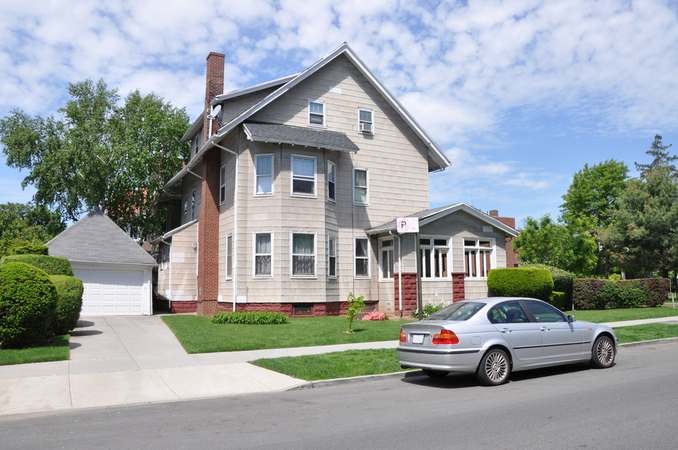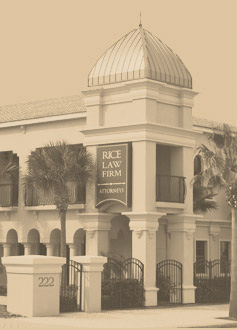How Does the Court Divide Assets and Liabilities in a Florida Divorce Action?
In divorce cases in Florida, the court employs equitable distribution as opposed to community property when distributing the parties’ assets and liabilities. Equitable means fair not equal. The first step in the equitable distribution process is to identify all assets and liabilities of the spouses. Next, the assets and liabilities are characterized as either marital, non-marital or a hybrid of both. If an asset or liability is clearly non-marital, it is set aside to the owner spouse and not included in the marital estate for the distribution process.
Typical non-marital assets include homes, pensions or other assets owned by one spouse prior to the marriage or an inheritance received by one the spouses during the marriage. If the spouse with the non-marital asset co-titles it with his or her spouse or commingles it with marital assets, the non-marital asset may convert to a marital asset under to Florida’s equitable distribution laws.
Some assets contain both a marital and non-marital component. For example, when one spouse earns a pension from a government entity or private company before the marriage and continues in that employment during the marriage, the court will calculate the marital portion of the pension. The non-employee spouse is entitled to 50% of the marital component (that which was earned during the marriage). The employee spouse receives the other 50% of the marital portion and 100% of the non-marital portion (that earned prior to the marriage).
After determining the assets and liabilities included in the marital estate and after assigning each a value, the court will typically distribute them so that each party gets approximately 50% of the equity in the estate. Rarely will the court simply order everything sold and split. If, for example, one spouse lives in the marital home with the children, that spouse more likely than not will receive the home. Similarly, if one of the spouses owns a business or professional practice, that spouse generally receives said asset. The other spouse in either situation is compensated with some other asset or payments in return for his or her 50% interest in the home or business.
Rice Law Firm has been assisting spouses and parents with divorce and family law matters in Volusia and Flagler Counties for over 25 years. Call or e-mail our experienced attorneys and staff if you have questions about a divorce.


